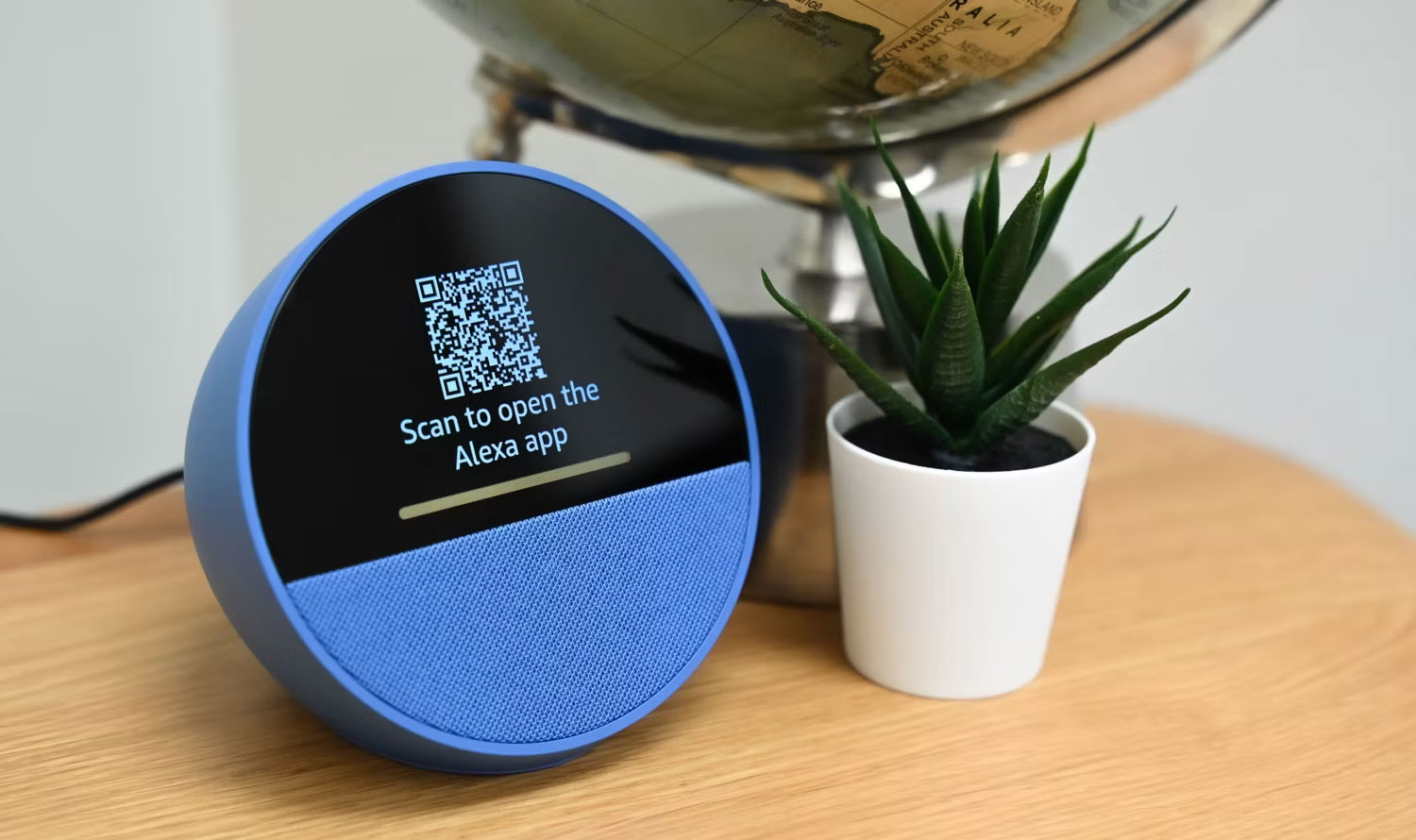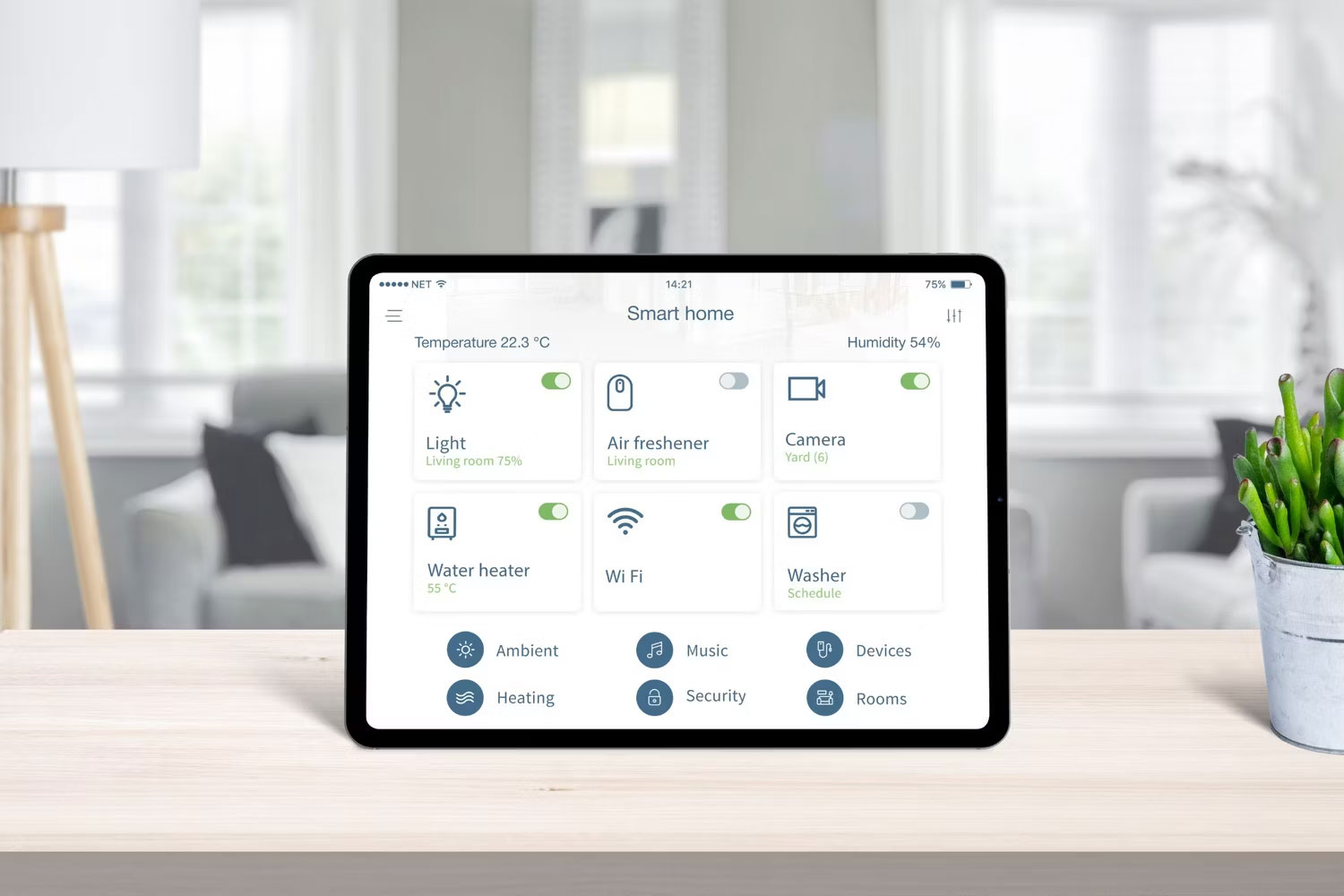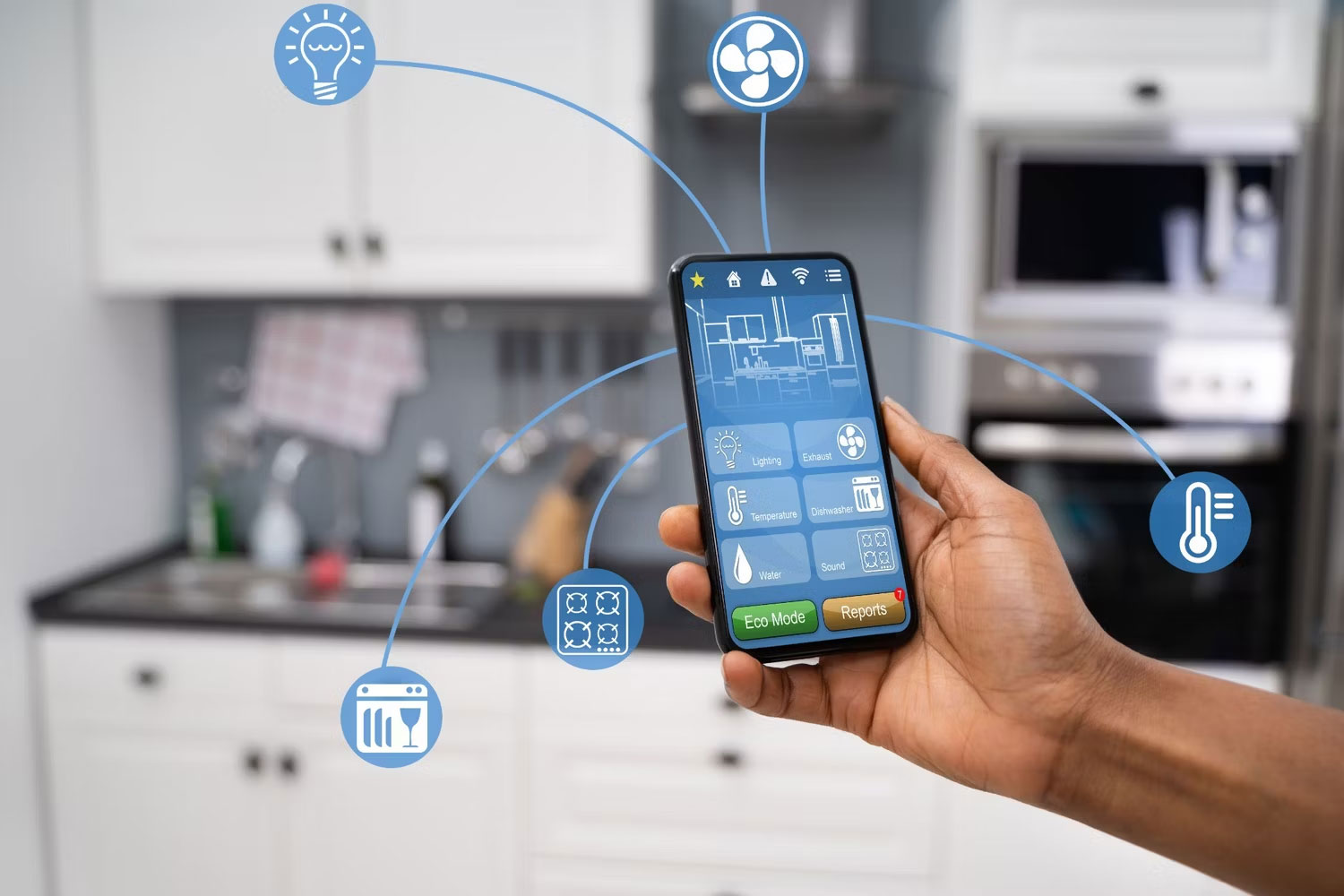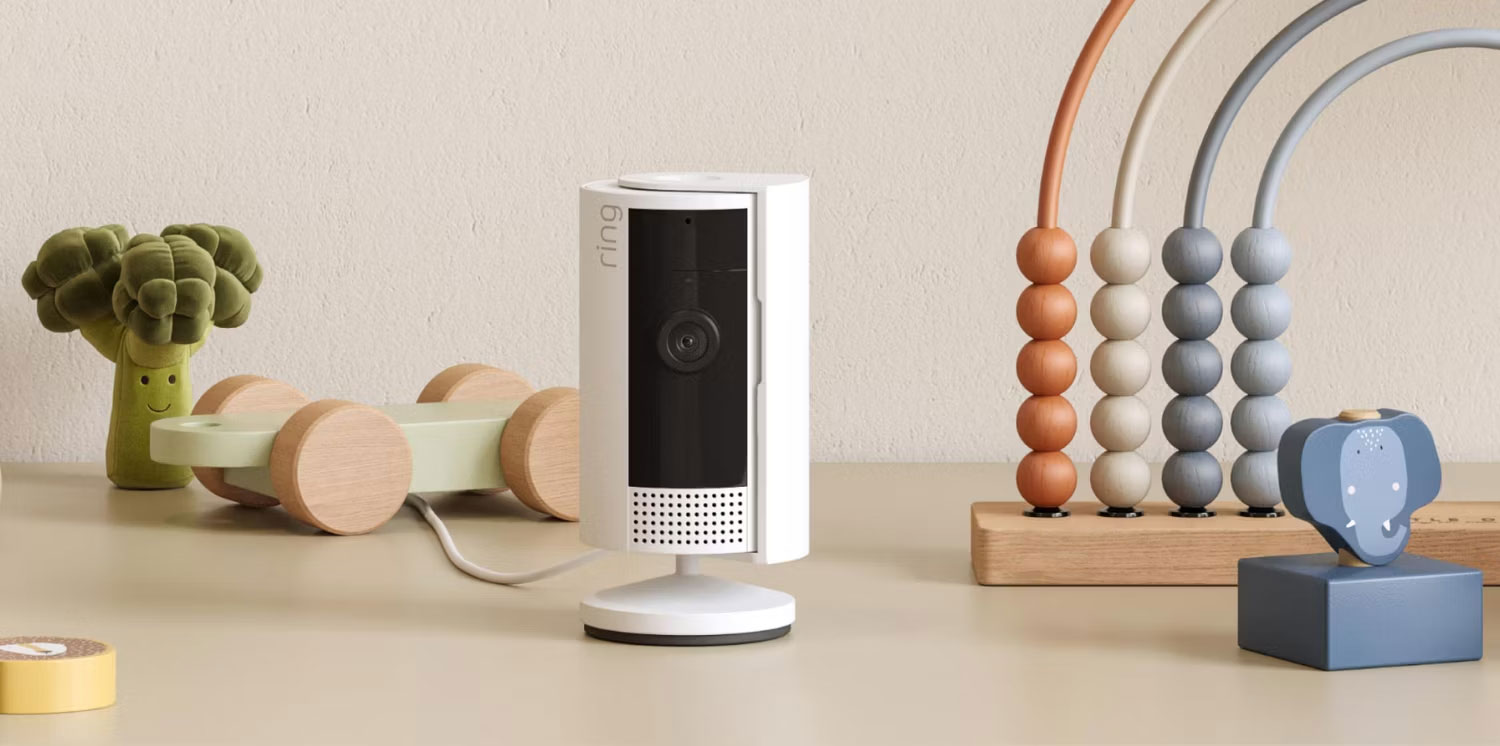8 Smart Home Privacy Concerns
Smart home devices are amazing. They bring convenience, efficiency, and a touch of the future to our everyday lives. But like most technological advances, this convenience comes with a few caveats—especially when it comes to privacy.
1. Data Collection and Use
Let's start with the main issue: Data collection. Smart home devices thrive on data — they need it to function. But have you ever wondered how much data they collect?
In 2017, the US Federal Trade Commission reported that Vizio (a smart TV brand) collected data about what people were watching without their consent, then sold that data to advertisers.
While the company faces consequences, this situation shows that smart devices can collect and use data in ways that may surprise you. You should consider whether you're comfortable with devices knowing so much about you and who else has access to that information.
2. Microphone and camera always on

Remember when people talked about smartphones eavesdropping on their conversations? With smart home devices, that joke isn't so far-fetched. Many smart speakers and security cameras come equipped with always-on microphones and cameras.
These features are designed to respond instantly when you say 'Hey Google' or 'Alexa,' but that also means these devices are always listening. While manufacturers ensure that only specific trigger words will initiate recording, it's hard not to feel uncomfortable knowing that a device in your home could be listening in on you at all times.
Take Alexa, for example. In 2019, Bloomberg reported that Amazon employees listened to Alexa recordings, including ones that weren't triggered by the wake word. There are ways to maintain your privacy when using Alexa. But even these aren't perfect.
3. Integration with third-party services

One of the great things about smart homes is that everything can work together seamlessly. Smart lights dim when you start watching a movie, and the thermostat turns off when you leave the house. However, this level of integration often means that data is shared with third-party services.
Each service you connect to your smart home ecosystem may have different privacy policies, and not all of them are as strict as you might think. For example, in 2018, Strava (a fitness app) accidentally exposed the locations of secret military bases because soldiers used the app's integration with their smart devices, according to the Guardian.
4. Behavioral insights and profiling
Smart home devices don't just watch, they learn. They learn your behavior, your routines, and even your preferences, creating a detailed profile of your daily life. While this can be convenient (like getting your coffee maker to run at the perfect time every morning), it also raises privacy concerns.
Companies can use this behavioral insight to target advertising or sell this information to marketers. The idea of a company knowing more about your daily habits is a bit unsettling.
5. Data Retention
What happens to your data after it's collected? Many smart home devices store information in the cloud, but how long is that information kept?
Data retention policies vary from company to company, and not all are transparent about how long they retain user data or what happens to it after it's no longer needed. This means your old data could still be hanging around somewhere, waiting to be accessed or, worse, breached.
You should look into each device's data retention policy before bringing it into your home. And if you're not clear about a device's data retention policy, you can take that as a warning sign to stay away from that smart home brand.
6. Track across multiple devices

With more smart devices in the home, cross-device tracking becomes possible. This means that data collected by one device can be combined with data from another, creating a more detailed profile of you. For example, a smart TV can track what you watch, while a smart speaker listens to your conversations. When combined, these insights provide a comprehensive view of your behavior.
7. Hackers attack devices
A significant but often overlooked privacy risk is the potential for hackers to hack into devices and gain unauthorized access. While many smart home devices have security measures in place, they are not without flaws.

CNN reported on a case in 2019 where a hacker took control of a Ring camera inside a family's home. The hacker harassed them by talking through the device's speaker. The incident highlights the vulnerability of smart home devices to hackers who can exploit weak passwords or security holes.
While companies regularly update their security features, the risk that someone could gain unauthorized access to your device—and by extension, your home—remains a serious privacy concern.
8. Changes to Privacy Policy
One of the most overlooked privacy concerns is that privacy policies can change at any time. When you first set up your smart home device, you may have agreed to certain terms and conditions, but companies can update these policies without notice.
What was once a relatively private service can suddenly become much more intrusive — and if you're not paying attention, you might not even realize how serious these changes are.
Bringing smart devices into your home can make life easier in many ways, but it's also important to think about the privacy trade-offs. Being aware of these disadvantages and taking steps to protect your privacy can help you enjoy the benefits of a connected home without sacrificing (too much) personal information.
You should read it
- Smart home technology and unpredictable hazards
- Do you need a Smart Home Hub? How to choose?
- How to turn an old tablet into a Smart Home Hub
- 5 serious limitations when having too many smart home devices
- 6 ways seniors can use Google Home to make the COVID-19 quarantine easier
- How will smart home equipment be lost?
 How to turn your iPhone into a wireless mouse with Remote Mouse
How to turn your iPhone into a wireless mouse with Remote Mouse How to Recover Deleted Contacts on iPhone - If you accidentally delete contacts....
How to Recover Deleted Contacts on iPhone - If you accidentally delete contacts.... 5 Underrated Features on macOS Sequoia That Will Get You Excited
5 Underrated Features on macOS Sequoia That Will Get You Excited Steve Jobs and Bill Gates' 18-year-old resumes are back in the news
Steve Jobs and Bill Gates' 18-year-old resumes are back in the news Simple Mobile Tools Resold, Putting Company's Android Apps at Privacy Risk
Simple Mobile Tools Resold, Putting Company's Android Apps at Privacy Risk V-Color Unveils World's First RGB O CUDIMM DDR5: Overclocking Speed Up to 9200MT/s
V-Color Unveils World's First RGB O CUDIMM DDR5: Overclocking Speed Up to 9200MT/s